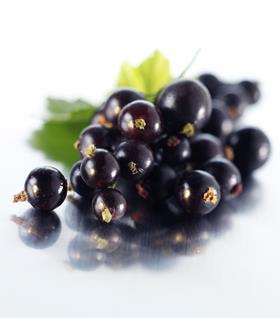
A combination of investment in climate-resilient blackcurrant varieties and new growing techniques is being credited with offering a rosy future for the sector.
Growers' association The Blackcurrant Foundation has forecast that some 10,000 tonnes will be harvested this season, with picking having begun last week.
It comes as growers grapple with the challenges of climate change, as they have to deal with warmer winters that give reduced chill time in the colder months, leading to lower volumes and crop quality.
To address this problem, The Blackcurrant Foundation has been working on a new Innovate UK project together with NIAB East Malling Research and the James Hutton Institute, aiming to establish innovative ways British growers can encourage blackcurrant bushes to flourish in these warmer temperatures.
In addition, thegrowers' body says it has been future-proofing British blackcurrant supply through breeding new blackcurrant varieties in partnership with the James Hutton Institute, with researchers using conventional plant-breeding techniques to select new varieties with a lower winter chill requirement.
Harriet Prosser, a blackcurrant agronomist at Lucozade Ribena Suntory, said: 'This is a long-term strategy, as it takes a minimum of 13 years to establish a new variety. However, with such a mature breeding programme, we have selections at all stages of development. This year we will see the first fruit harvested from our newest climate-resilient variety, Ben Lawers.'
Blackcurrant Foundation spokesperson Jo Hilditch added: 'Early reports are that the harvest is looking much better than predicted, which is great news for us as growers, and great news for Ribena, who use 90 per cent of Britain’s blackcurrant crop. We are proud to be able to supply our customers with 100 per cent British fruit and work hard to ensure our blackcurrants maintain the same great quality and flavour every year.'






No comments yet